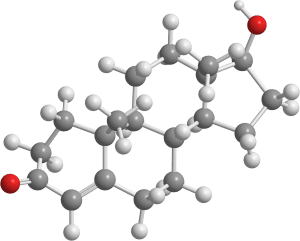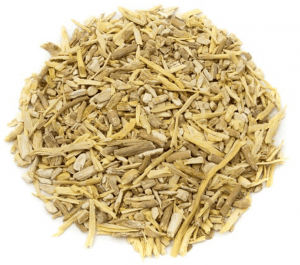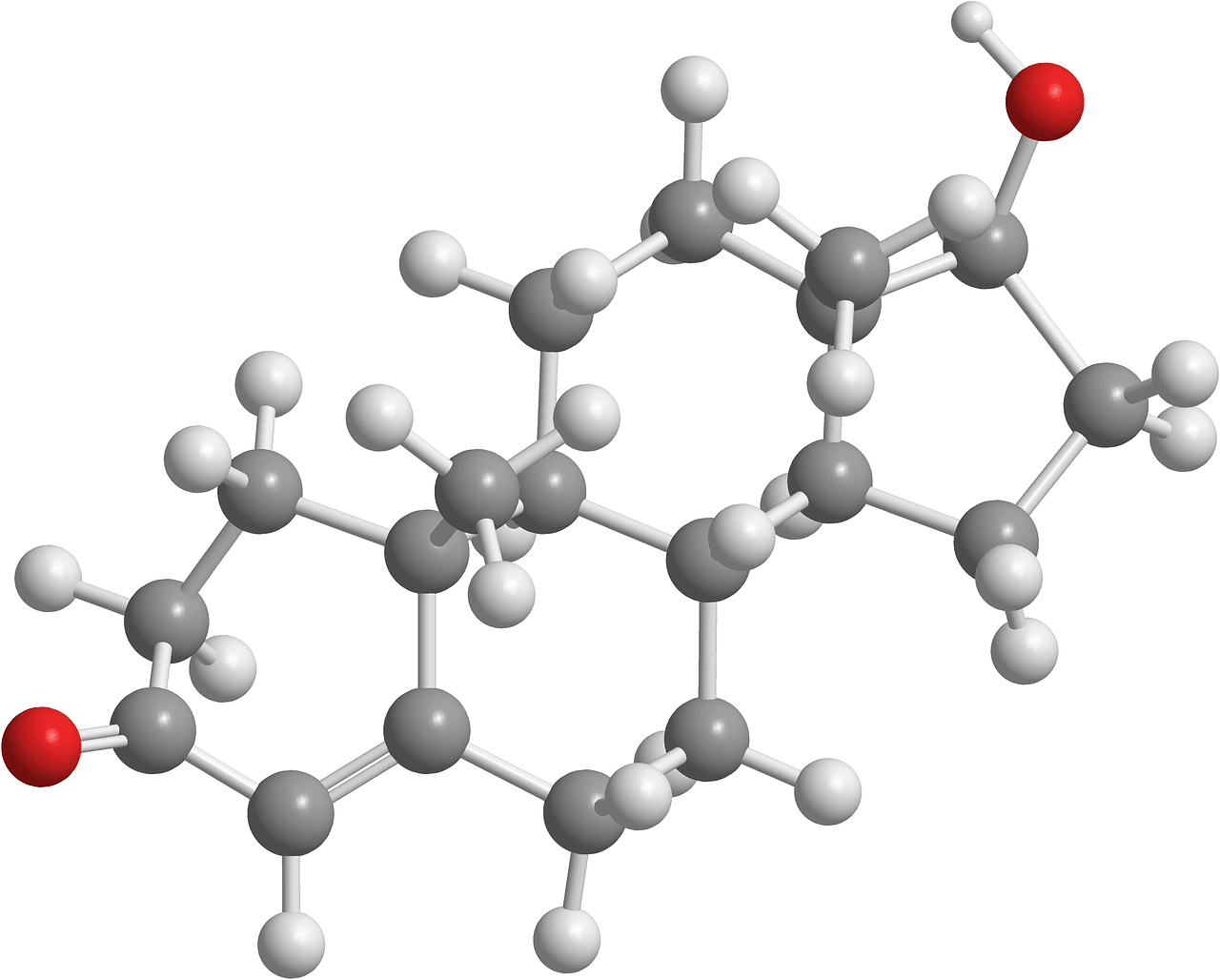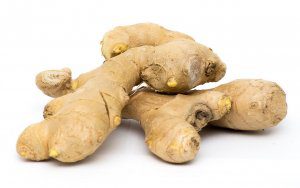How to Naturally and Quickly Increase Testosterone Level?
Like most people, you want to look and feel your best. As you may know, when your hormone levels, such as testosterone, are either too high or too low, then you may start to feel slightly “off.”
If you are looking to boost your testosterone levels naturally, then you have come to the right place. The truth is, you can quickly boost your testosterone levels without having to take banned substances, such as steroids, which could be detrimental to your health.
In addition to learning how to boost your testosterone levels naturally, let’s discuss what testosterone is, as well as the role that it plays in men’s and women’s bodies.
We will also take a closer look at what may cause your testosterone levels to be too high or too low, as well as some of the warning signs that may signify either of the aforementioned issues.
What is testosterone?
As you may know, testosterone is a predominantly male sex hormone, which is made in the testicles (“What is Low Testosterone?” n. d.). In fact, it is part of a group of hormones called androgens.
 Testosterone levels play an important role in a man’s health. Although testosterone is predominantly known as a male sex hormone, women’s bodies also produce it.
Testosterone levels play an important role in a man’s health. Although testosterone is predominantly known as a male sex hormone, women’s bodies also produce it.
However, women produce substantially less testosterone than men.
What role does it play in men’s and women’s bodies?
Testosterone plays a different role in a man’s body than it does in a woman’s body.
Testosterone in the Men’s body?
In men, testosterone plays a big part in the development of the male reproductive system, particularly the prostate and the testicles.
 In addition to playing a critical role in the reproductive system, testosterone also promotes the development of muscle, growth of body hair, and an increase in bone mass in males (Mooradian, Morley, & Korenman, 1987).
In addition to playing a critical role in the reproductive system, testosterone also promotes the development of muscle, growth of body hair, and an increase in bone mass in males (Mooradian, Morley, & Korenman, 1987).
In men, testosterone also promotes overall health and well-being. Not only that, but it also helps with the maintenance of strong bones and the prevention of osteoporosis (Tuck & Francis, 2009).
Testosterone also helps men develop a deeper voice. In other words, it is what gives a man his masculine characteristics.
Testosterone in the Women’s body?
You may be surprised to learn that androgens, like testosterone, also play a role in women’s health.
 In women, testosterone is produced in the ovaries and the adrenal glands in relatively small quantities. The levels of testosterone in women impact their sexual desire, mood, and satisfaction (Guay & Davis, 2003).
In women, testosterone is produced in the ovaries and the adrenal glands in relatively small quantities. The levels of testosterone in women impact their sexual desire, mood, and satisfaction (Guay & Davis, 2003).
Testosterone works alongside estrogen and helps women maintain their bone mass and reproductive tissue. Surprisingly, testosterone also has an impact on a woman’s fertility, as well as red blood cell production and fat distribution.
Why are testosterone levels low or high?
In both men and women, there are several reasons why testosterone levels would be abnormally high or too low.
High testosterone levels in men cause.
In men, testicular and adrenal tumors can potentially cause their testosterone levels to spike and become abnormally high.
Anabolic steroid use, which may have a series of adverse side effects on a man’s health, and testosterone supplements also increase the levels of testosterone.
Some signs and symptoms of high testosterone levels in men include acne, high libido, high blood pressure, high red blood cell count, infertility, and aggression.
Low testosterone levels in men cause.
On the other hand, low testosterone levels in men are caused by a number of different issues.
First, once a man turns 50, testosterone levels begin to decrease for no other reason than age naturally. Men who are either too obese or too underweight may also experience a decline in testosterone levels.
 Additionally, smoking, using drugs, testicular injuries, high-stress levels, a major illness, surgery, HIV, AIDS, and cancer treatment may contribute to a decrease in testosterone levels in men.
Additionally, smoking, using drugs, testicular injuries, high-stress levels, a major illness, surgery, HIV, AIDS, and cancer treatment may contribute to a decrease in testosterone levels in men.
Furthermore, certain genetic disorders, such as Klinefelter syndrome and Kallmann syndrome, may also reduce the levels of this particular hormone in men.
High testosterone levels in women cause.
In women, there are some things that can cause testosterone levels to increase significantly. Anabolic steroid abuse is just one reason for a woman’s testosterone levels to spike.
A few other possible causes of abnormally high levels of testosterone in women include adrenal or ovarian cancer, congenital adrenal hyperplasia, and polycystic ovarian syndrome.
In women, some of the signs and symptoms of high androgen levels include irregular periods, absence of ovulation, acne, and abnormal hair growth.
Women whose testosterone levels are abnormally high may also have deeper voices, increased muscle mass, and male pattern baldness. High testosterone levels are also a problem for women who are trying to get pregnant.
Low testosterone levels in women cause
Low testosterone levels in women can be caused by a number of different issues.
First, long-term use of birth control pills and a variety of other hormonal contraceptives can reduce a woman’s testosterone levels. Ovarian failure, whether it is due to age, eating disorders, or other medical conditions, will also cause a woman’s testosterone levels to drop.
Certain medications can also decrease a woman’s testosterone levels as can tumors on various glands in the body.
Women whose testosterone levels are too low many experiences some or all of the following symptoms, including fatigue, cognitive difficulties, and a decreased sex drive.
Some women whose testosterone levels are too low may also exhibit symptoms that are very similar to depression. Women may also experience anxiety, gain body fat, and lose muscle mass if their testosterone levels are too low.
How to naturally boost your testosterone levels
Now that we know what testosterone is, the role it plays in men’s and women’s bodies, as well as some signs and symptoms of abnormal testosterone levels. Let’s take a closer look at how to boost your testosterone levels naturally.
Exercise regularly
One of the best and healthiest natural ways to quickly boost testosterone levels is exercise (Kumagai et al., 2016).  In addition to increasing your testosterone levels, regular exercise will help improve your overall health and well-being.
In addition to increasing your testosterone levels, regular exercise will help improve your overall health and well-being.
When it comes to exercise, lifting weights, as well as high-intensity interval training are two of the best ways to increase your testosterone levels.
Make Your Diet Healthy
Your diet will also have an impact on your testosterone levels. In order to ensure that your testosterone levels are normal, it’s crucial to eat the right combination of proteins, healthy fats, and complex carbohydrates.
With that in mind, it’s important not to overeat nor indulge in too many unhealthy foods. On the other hand, you must also not starve yourself.
Some foods that will give you a testosterone increase are:

- tuna
- low-fat milk fortified with vitamin D
- egg yolk
- oysters
- shellfish
- beef
- beans
- cereals fortified with vitamin D
- leafy green
- vegetables

- pomegranates
- ginger
Fatty fish and fish oil can also help you naturally boost your testosterone levels.
In order to increase your testosterone levels, you must also reduce your stress and minimize your cortisol levels.
Significant increases in cortisol levels are linked with a reduction of your ability to produce testosterone.
For those of you who don’t know, cortisol is your primary stress hormone. Stress can also contribute to a number of other things that may cause your testosterone levels to drop, such as weight gain, over-indulging in unhealthy foods, and an increase in body fat.
Therefore, it is very important to keep your stress under control if you want to boost your testosterone levels naturally.
Get enough hours of high-quality sleep
Getting seven to ten hours of high-quality sleep per night will also help increase your testosterone levels.
Some studies have shown that sleep deprivation can contribute to a decrease in testosterone levels (Penev, 2007).
Ashwagandha and Vitamin D
 Another great natural testosterone booster is ashwagandha. It is an herb that is known to increase testosterone levels as well as reduce cortisol levels.
Another great natural testosterone booster is ashwagandha. It is an herb that is known to increase testosterone levels as well as reduce cortisol levels.
Supplementation with vitamin D is also a natural way to boost testosterone.
Improve your body composition
If you are overweight and are concerned about your testosterone levels, then it is recommended that you lose some weight.
When you improve your body composition by increasing your muscle mass and reducing your body fat percentage, you will naturally boost your testosterone levels.
Avoid alcohol intake
Lastly, in order to quickly boost your testosterone levels, you should reduce the number of drugs and alcohol you consume. Using drugs and abusing alcohol may cause cellular damage, which, in turn, can cause a reduction in testosterone production.
Excessive drinking has a negative impact on your ability to produce testosterone, and therefore it is best to avoid it.
Final Thoughts
As you can see, you do not need to take anabolic steroids in order to boost your testosterone levels quickly.
Testosterone plays an essential role in the health of both men and women. While many people, men, in particular, worry about low testosterone levels, it is important to note that abnormally high levels of this hormone are not necessarily a good thing.
As you now know, excessively high levels of testosterone may also signify serious medical issues. However, if low testosterone is your problem, making healthier lifestyle choices will help boost testosterone levels as well as regulate your hormones.
Healthy lifestyle choices include a proper diet, adequate amount of exercise, and sufficient sleep, as well as reducing your stress and decreasing your alcohol intake.
Now you know that it is possible to boost your testosterone levels naturally effectively, and all you have to do is make a few adjustments to your lifestyle
REFERENCES
- Guay A, Davis, SR (2003). “Testosterone insufficiency in women: fact or fiction?”
- Kumagai, H., Zempo-Miyaki, A., Yoshikawa, T., Tsujimoto, T., Tanaka, K., & Maeda, S. (2016). Increased physical activity has a greater effect than reduced energy intake on lifestyle modification-induced increases in testosterone. Journal of clinical biochemistry and nutrition, 58(1), 84–89.
- Mooradian AD, Morley JE, Korenman SG (1987). “Biological actions of androgens”. Endocrine Reviews. 8 (1): 1–28.
- Penev, PD (2007). Association Between Sleep and Morning Testosterone Levels In Older Men, Sleep, Volume 30, Issue 4, Pages 427–432.
- Tuck SP, Francis RM (2009). “Testosterone, bone and osteoporosis”. Advances in the Management of Testosterone Deficiency. Frontiers of Hormone Research. 37. pp. 123–32.
- What is Low Testosterone?( n. d.). Retrieved from https://www.urologyhealth.org/urologic-conditions/low-testosterone



